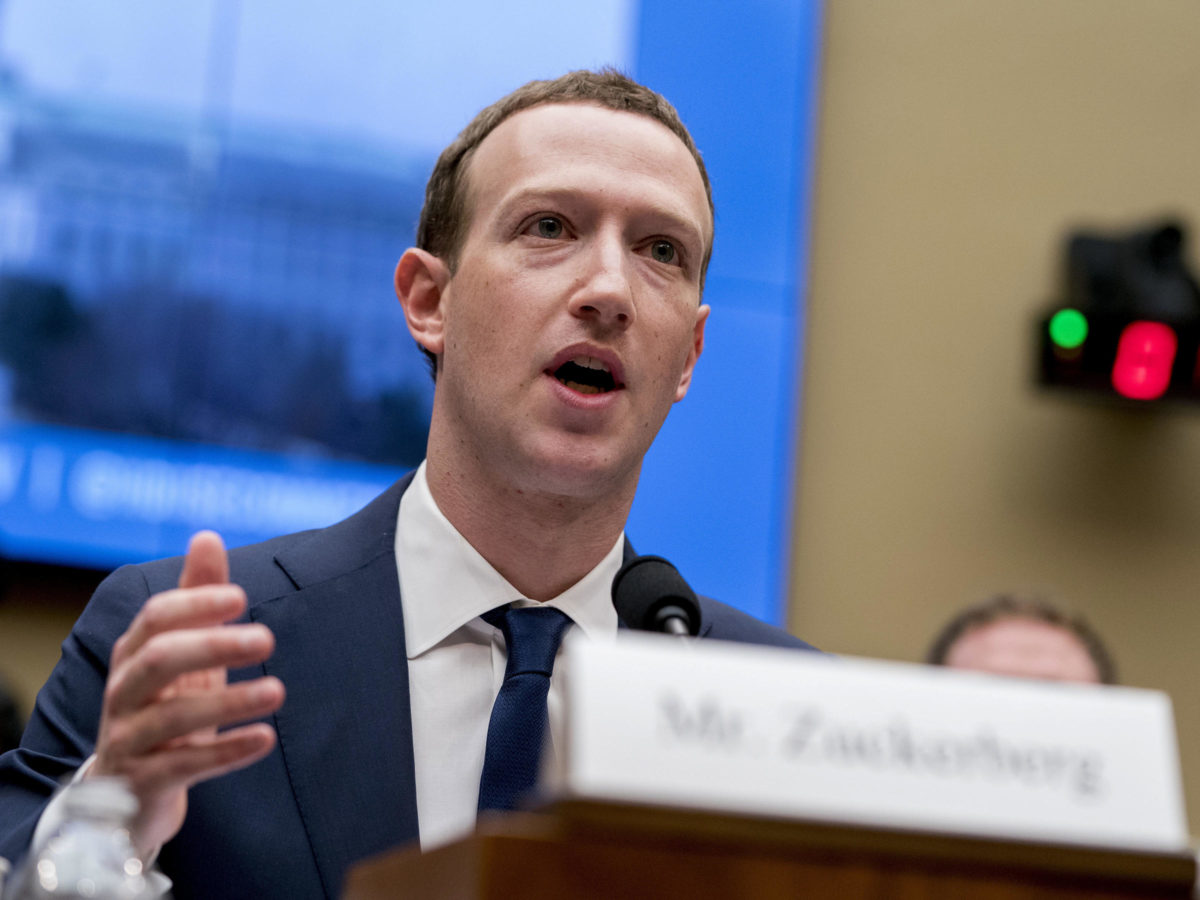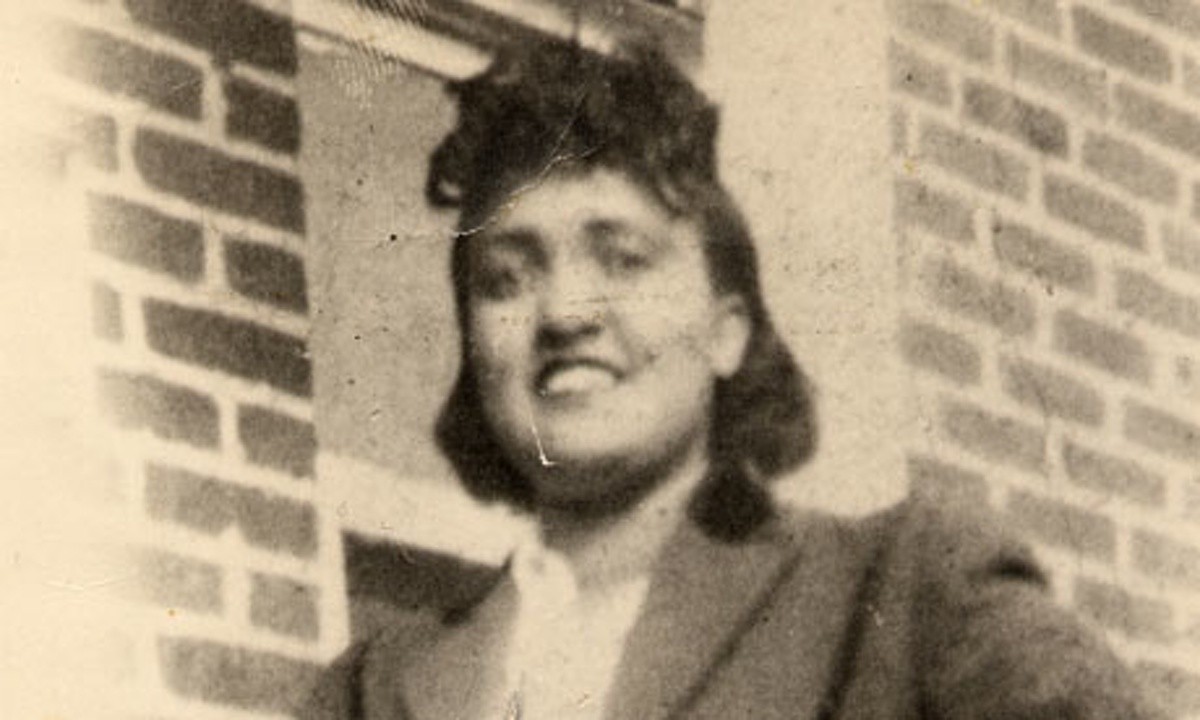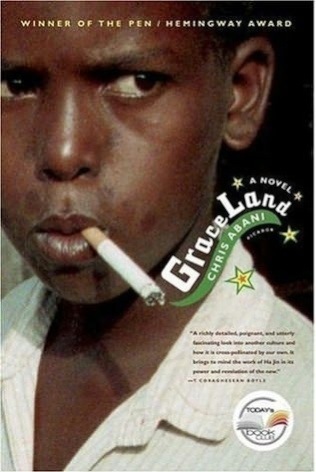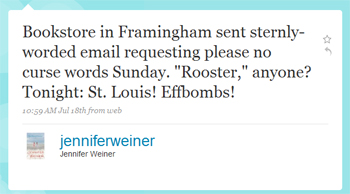Ryan Wild is a wildly arrogant and deeply manipulative despot who lives in Swindon — a town in England’s Wiltshire district. He operates out of the Highworth borough, which voted for Conservative Vijay Kumar Manro as Borough Councillor in the last election. Wild, who has the husky well-fed mien of a man who has never known a day without a hot meal, will turn twenty-six next month. Like any garden-variety huckster, Wild is an “entrepreneur” who wants you to buy into his dubious hosting services and support his Mastodon instance Universeodon or his other instance Mastodon App UK, which was home to British cultural treasure Stephen Fry until Fry stopped posting sometime last year. (For those not in the know, “instances” are servers that are interconnected with each other on Mastodon. When I was on Wild’s instance, I did chip into his Ko-fi account and had planned to chip in more. Because I’m always happy to pay the people who keep the lights on. This effectively placed me within only 2.7% of the active users on Universeodon.)
But don’t think for a second that Wild has your best interests at heart. He is fundamentally opposed to any creator — especially journalists — who point out the iniquities and injustice carried out by the ruling class. Particularly if you are critical of Israel or people in power. On October 11, 2021, when Google offered free security keys for elected officials and journalists (historically speaking, both of these classes have faced significant harassment and, with heightened extremism in the United States, this has only escalated) to provide better security to elected officials and journalists, Wild had zero sympathy and called such protection “a huge waste of money.” He is also an avowed Brexit supporter and has also claimed that Hitler “should have been in power” because he was “legally voted in,” a colossal misreading of history that came laced with Wild significantly understating Hitler’s evil by saying “what he did was wrong yes.” Which is a bit like suggesting that the flooding that ravaged China in July 1931 and killed four million people was “just a tiny little rainstorm.” (Never mind that Hitler was defeated by Paul von Hindenburg in the 1932 Weimar Republic presidential election and that, as any high school graduate should know, Hitler manipulated his way into the Chancellor seat, taking only a few months after that to suspend civil liberties for all Germans and become dictator.)
(Mr. Wild did not return multiple requests for comment on this story over the course of five days. I emailed him at every address that was publicly listed for him and his business ventures. Then he blocked my main email address when I sent him a followup message — this when I was nothing but polite and respectful in my correspondence. (An email sent from another account went through.) Just before the deadline I gave him to reply to my questions was about to pass (and I would have been happy to grant him an extension to answer if he had simply asked), Wild claimed that he was sick. If he is indeed sick, I truly do wish Mr. Wild a healthy recovery. This still doesn’t explain why he blocked my email address before he was sick. After this article was published, in a futile attempt to discredit my good faith efforts to get him on the record, Wild claimed that his Mastodon UK email was not working. But I also contacted Wild at the very Atlas Media Group email address he cites in his post.)
In short, this diminutive businessman — this bright vanilla chunk of ice cream scooped ignominiously onto a slice of pumpkin pie — has no problem covertly upholding right-wing sentiments and shutting down left-wing ones when he’s not preventing users from accessing vital news. He has blocked numerous journalists from being seen by users on his instance. And if, heaven forfend, you make a mocking post against the rich, as one trans woman did, Wild will close your account faster than Anthony Comstock opposing the suffragettes in the late nineteenth century.
Wild risibly and falsely claims on the Universeodon about page, “From exploring the universe, to exploring the world we all share – everyone is welcome here.”
This, of course, is a lie.
To a great degree, one can sympathize with Wild and any other instance admin on Mastodon. Admins are usually hosting servers on their own dime, often at a loss, and, as X (previously known as Twitter) increasingly hardens into a toxic wasteland under Elon Musk, these admins are being besieged by thousands of new users. If an instance does have a moderation team, it usually consists of unpaid volunteers, who may tender false flags at the end of a long and exhausting day. But as the Fedeiverse — the collective network of instances connected to each other — burgeons into what many declare to be a calmer and more viable open source alternative to BlueSky, Threads, and X, it’s important to consider how certain biases from admins are contributing to a form of fascism rather than democracy, where viewpoints from the marginalized or those who don’t fit so neatly into an affluent Caucasian neoliberal box often struggle to have their vital voices heard. And, in Wild’s case, his clearly tendentious biases and elastic approach to moderation has resulted in a form of odious muzzling that is no different from the way that the Nazis demonized Black music that had flourished so beautifully in Berlin before 1933 or the way that, more recently, the Taliban has silenced Afghan journalists. If one of the most awe-inspiring realizations of the Internet is being exposed to marginalized voices and realizing that we all have far more in common than we know, then Mastodon — at least under the sloppy and corrupt hands of admins like Ryan Wild — is far from the great ideal that its most prominent boosters insist that it is.
Not unlike Elon Musk suspending numerous journalist accounts in December 2022, Wild is so fundamentally opposed to the noble efforts of the Fourth Estate that he has invented reasons to block journalists on his instance. He has claimed, without a shred of evidence, that newsie.social — an instance in which journalists valiantly report from all corners of the globe — supports “transphobic content.” (In fact, the newsie.social rules make clear that transphobia is explicitly prohibited.) So this means that anyone with a Mastodon account on his instance cannot access invaluable posts from the likes of ProPublica, which rightfully won a Pulitzer Prize last week for its valiant coverage of the Supreme Court. As William Maggos noted in the same thread, this was clearly a pretext to silence “commentary against the Israel govt.” (Requests for comment from newsie.social were not returned.)
Back in February, Jeffrey Phillips Freeman — who runs an instance devoted to the Assn for Computing Machinery — complained to Wild that his instance was wrongly included on what he deemed a “notoriously abusive” block list. Even when pointing to examples of how he had blocked racists, Freeman was gaslighted without full context. (Freeman was kind enough to return my request for comment and informed me that the meetings he had with fellow Fediverse boosters were quiet but that “bad actors” were a problem. I pressed him on a hypothetical, asking him what he would do if, say, J.K. Rowling created a new account on his instance and started posting TERF content, but he did not reply.)
But bad actors — in addition to disrupting thoughtful and civil meetings hoping to actualize a tech utopia dream — do become instance admins. And bad actors very often recruit other bad actors, as Wild did when — as Alan Jenkins pointed out on November 16, 2022 — he recruited a moderator named @lyicx, who used words and terms associated with the alt-right. (When called out on this in a followup thread, @lycix hurled abuse at Jenkins.) Ryan Wild is almost certainly operating his instance with the intent of propping up voices he agrees with and gagging any rules-abiding user he personally disagrees with.
A detailed examination of Wild’s Twitter feed reveals Wild to be a shady right-winger who cloaks his Tory loyalism behind centrist “common sense” claptrap and who appears to be thoroughly opposed to the vital practice of critical thinking. In a January 21, 2017 tweet, Wild claimed that criticism of Trump and Brexit was invalid until the policies were enabled. In other words, Wild declared that policies enacted on xenophobia should not be questioned until they “actually [did] something worthy of critique.” Likewise, on January 21, 2017, he believed that Trump should not be judged as President until he had been office. Never mind that the perspicacious Naomi Klein has written an invaluable book, No is Not Enough, that offered smart reasons why Trump and his cronies should be judged before his disastrous administration had started. To offer some defense for Wild, on September 8, 2019, Wild expressed some mild concern for policies that are “treasonous” and once compared Conservatives to “petty little children who haven’t gotten [sic] their own way.” But he also once described the Labour Party as possessing “shite leadership.” Yet on March 14, 2020, at the start of the pandemic, Wild expressed far too much faith in Boris Johnson’s abilities to contend with it. The portrait that Wild has presented of himself is that of a company man who lacks the spine or the moral conviction to criticize governmental policies and who resents anyone who does.
Wild is able to get away with his censorship on the sly because, while he’s been ardently and rightly opposed to transphobia in other contexts, he has, like any spineless and well-trained neoliberal, learned to pay shrewd and performative lip service to humanism, even as he covertly suspends accounts that are critical of Israel — even when these accounts abide by his rules. It’s one thing to claim to be for LGBTQIA rights. It’s another thing altogether to muzzle the very LGBTQIA voices that you profess to be “for” — because you are fundamentally uncomfortable with the perspectives they have to offer. (This has also been a problem among Black users of Mastodon as well. Black users are theoretically “welcomed” by the largely white admins, only to have their accounts suspended without warning. Or, as the user Ra’il IK quipped on X last November, “Welcome to the ‘I am Black and suspended by Mastodon with no warning and no process’ club!!!!!!!”) Ryan Wild is, in short, the walking and talking embodiment of George Orwell’s “All animals are equal, but some are more equal than others” line. One can logically infer that, as far as Wild is concerned, criticizing the rich or those who launch unprovoked attacks into territory populated by marginalized starving people makes one a lesser “animal.” And, sure, Wild is all too happy to rightfully protest web hosts that claim perpetual commercial rights over all hosted content (well, not so much a protest, as an opportunity for him to pimp his far from “Superior” goods), while simultaneously succumbing to similar tyrannical proclivities himself. If you are a writer like me, it is an act of thuggish and shameful dehumanization to have one’s work deleted or “suspended” without warning. Especially since I would have been more than happy to address any concerns and strike a mutually agreeable resolution, had I been given the heads up.
I greatly enjoyed my time on Mastodon. Numerous journalists and writers became mutuals. Despite the fact that I am a pugnacious (and some would say obnoxious) middle-aged punk, I didn’t get into too many fights — in large part because the user base (including myself) wanted to create a more thoughtful alternative to the mephitic online hellscapes of X and BlueSky. And I learned so much from everyone. People helpfully offered corrections when I was conducting what used to be known as “live tweeting” on Mastodon in relation to unfolding events, which I was happy to amend. And you know what? The user who initially expressed umbrage with my minor mistake and I became mutuals. But because Ryan Wild is so fundamentally opposed to the democratic possibilities of the delightful discussions which spring from people with other viewpoints, this man suspended my account on Tuesday afternoon under flimsy pretext and without warning and has proven indifferent and unresponsive to my efforts to resolve what I had hoped was simply a colossal misunderstanding. With Wild’s inexplicable ban of my main email address, this now appears to be a deliberate effort to target and silence me because of my progressive politics and the fact that I am not shy about speaking out against bad actors in prominent positions of power. And if you’re setting up a new Mastodon account, I would highly advise you to not use Universeodon. If you’re on Universeodon right now, I strongly urge you to switch to another instance before Wild shuts you down too. (Here’s a helpful guide on how to switch Mastodon instances.)
Last year, I had selected Wild’s instance at random. George Takei — a man whom I have admired and respected since watching Star Trek reruns as a kid — was on Universeodon. (Years ago, I once received an incredibly kind email from him, to which I naturally shouted “Oh my!” with great enthusiasm. So Takei is forever brokered in as one of the Cool Cats.) I figured that any instance that was good enough for this national treasure was good enough for me.
But my random decision turned out to be a tremendous mistake.
On Tuesday afternoon, as I was trying to report on a Zionist extremist who drove his car into peaceful Columbia protesters, I was shocked to learn that my Universeodon account was suspended. Now I’m no stranger to this elastic approach to moderation. After I had reached more than 40,000 followers on TikTok for my mix of leftist politics and surreal comedy, the moderators there invented excuses to ban me, siding with the right-wingers who mass-reported me — much as Wild did to me on Universeodon. While I always abide by the rules of any social media platform I join and stand firmly against harassment, Wild had to go all the way back to January to invent an excuse to ban me. I had merely documented a vicious cyberbullying and harassing campaign against me on BlueSky (with screenshots and receipts). But Wild claimed that these posts, which were simply expressing disbelief that some unhinged tech person would libel me with lies for 96 posts within an eleven hour period — violated the rules on his instance and that I was the one somehow harassing people while documenting a very flagrant and coordinated harassment campaign against me that carried on long after I had deleted my BlueSky account. This was classic and predictable gaslighting against political opponents, in other words.
But if Wild is going to go back in time, then I suppose I should do the same with him. Nothing that I posted on his instance was even remotely close to the unhinged teenage angst he expressed on September 23, 2014: “You wounder why I get pissed off then you go ahead and act like a world class dickhead. Fuck you.”
My account — which was largely concerned with books, culture, politics, news, and reposts of goofy TikToks — remained fairly consistent throughout my run on Universeodon. The only thing that changed was that I was more vocal in my criticism of Israel in the last month. I challenged the propagandist Steve Herman (who, ironically, was one of the “journalists” banned by Musk on Twitter), who claimed that Columbia protesters were terrorizing Jewish students. But Herman is such a sloppy “journalist” that he refused to corroborate the provenance of the video he cited — even when he hadn’t been to Columbia (I had and reported on it via TikTok after talking with dozens of people (most declined to appear on camera, for understandable reasons), none of whom had seen any violent protesters). I directed Herman to the dubious source of said video and noted how nobody had looked into who was shouting and observed that the audio did not match the “transcript.” Unlike Herman, I did my best to ensure that the information I posted was correct.
Now I had contended with Wild’s love for defending authoritarian maniacs last September, when I posted a clearly satirical post against Elon Musk, protesting Musk’s anti-Semitism in particular and pointing out that Musk was so clumsy that there was a good chance that he could accidentally set himself on fire. But Wild, who has no sense of humor and who appears to have a dog whistle against anyone who protests racism or denigration of a particular group, fired a warning to me and refused to keep my post up. Fair enough. It’s his instance.
But he then claimed that details about George Mitchell that I posted — which were reported and sourced in Josh Ruebner’s excellent book Shattered Hopes — constituted “misinformation.” Regrettably, I cannot access my original post due to Wild’s gleeful zeal in scrubbing posts (with the additional advantage of removing evidence that makes him accountable), but I was able to find my response to him:

But by suspending my account and refusing to give me the benefit of the doubt, Wild was effectively deplatforming the modest but robust presence I had built on Mastodon.
In other words, Ryan Wild is very keen on cracking down on nearly anyone who conducts journalism and who points out social injustice. He is a Mastodon fascist. And I’d like to qualify that by citing Lawrence Britt’s 2003 article in Free Inquiry in which he identified up fourteen characteristics of fascism. Wild certainly seems keen on powerful and continuing nationalism with his low tolerance for anyone critical of the government and his apparent love for Brexit and Boris Johnson. In blocking journalists and those critical of Israel, he certainly has a disdain for the recognition of human rights. He’s certainly for a highly controlled instance and, much like Truth Social, he has recruited alt-right moderators to offer the illusion of free speech. And he obviously has a priapic zest for corporate power and the rich, as well as a disdain for journalists (and thus the intellectual pursuit of the real truth). And in my attempt to get answers from Wild, he has expressed a colossal arrogance towards me.
The upshot is that, if you’re going to choose a Mastodon instance, you now need to deeply research the admin and the moderators of that instance to ensure that they aren’t twisting the rules to silence your viewpoint — especially if you are not white and affluent.
Ryan Wild’s clear corruption betrays the utopian potential of the Fediverse, which is certainly not going to flourish very well with compromised moderation on Universeodon, Mastodon UK, and other instances that are covertly censoring certain political voices and perspectives.
5/11/24 4:00 PM UPDATE: Wild sent me an email after this article dropped. Unable to rebut any of the claims in this article, he has instead falsely claimed that I am doxxing him. All information about Wild in this article was pulled from public information that is easily Googleable within thirty seconds. To be clear, I am firmly against doxxing. I have never doxxed anyone. Mr. Wild is still invited to tender a response to this piece to correct any “misinformation,” but he seems more content to spread misinformation of his own:
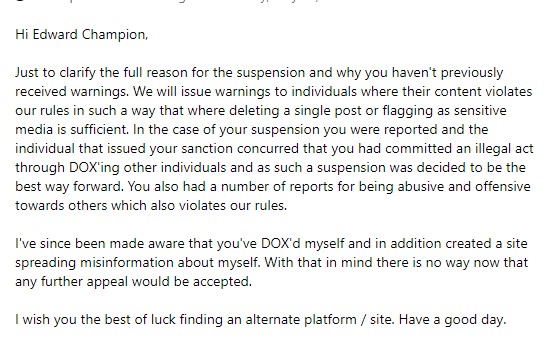
5/12/24 2:00 AM UPDATE: I arrived home from a very fun Saturday night out to discover more gaslighting from Mr. Wild, including a libelous claim that I am a “stalker,” as seen below:
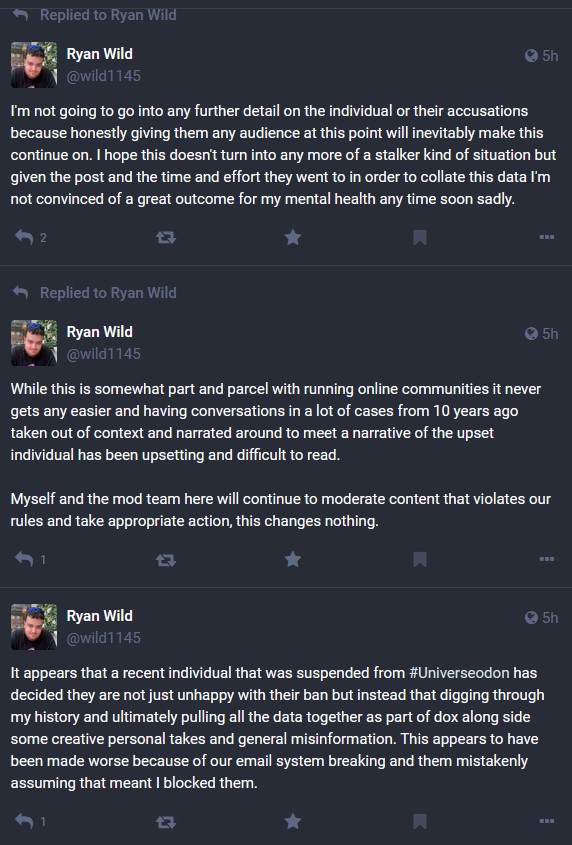
Mr. Wild was contacted in advance of this article at two email addresses (including his email at Atlas Media Group, which was not part of an “email system breaking’) with a request for comment. He chose not to reply. He was informed of many of the claims in this piece in advance of publication. He has yet to refute or rebut any of the allegations expressed in this story. And he continues to promulgate the outright lie that I have doxxed him.
To demonstrate that Wild’s location is public information, the Atlas Media Group website lists Ryan Wild as being in Swindon. His Keybase page lists him as living in Swindon. I have not doxxed him. Wild has been quite transparent about where he lives. I have included screenshots below:


Concerning Mr. Wild’s birthday, this too is public information. Like any human being, Mr. Wild has tweeted repeatedly that his birthday is June 6th. If Mr. Wild did not want anyone to know what his birthday is, then he should have said nothing. But given how much Mr. Wild has publicized his own birthday (indeed far more than I have), this cannot, by any stretch of the imagination, be called doxxing.
Once again, if Mr. Wild would like to rebut the claims in this piece, then I will be more than happy to append his remarks to this article.
I have also updated the main article to include Wild’s claims that his email was not working. Again, Mr. Wild was contacted in advance of this story’s publication through the very same backup email address (i.e., the working email) he cites in his post.
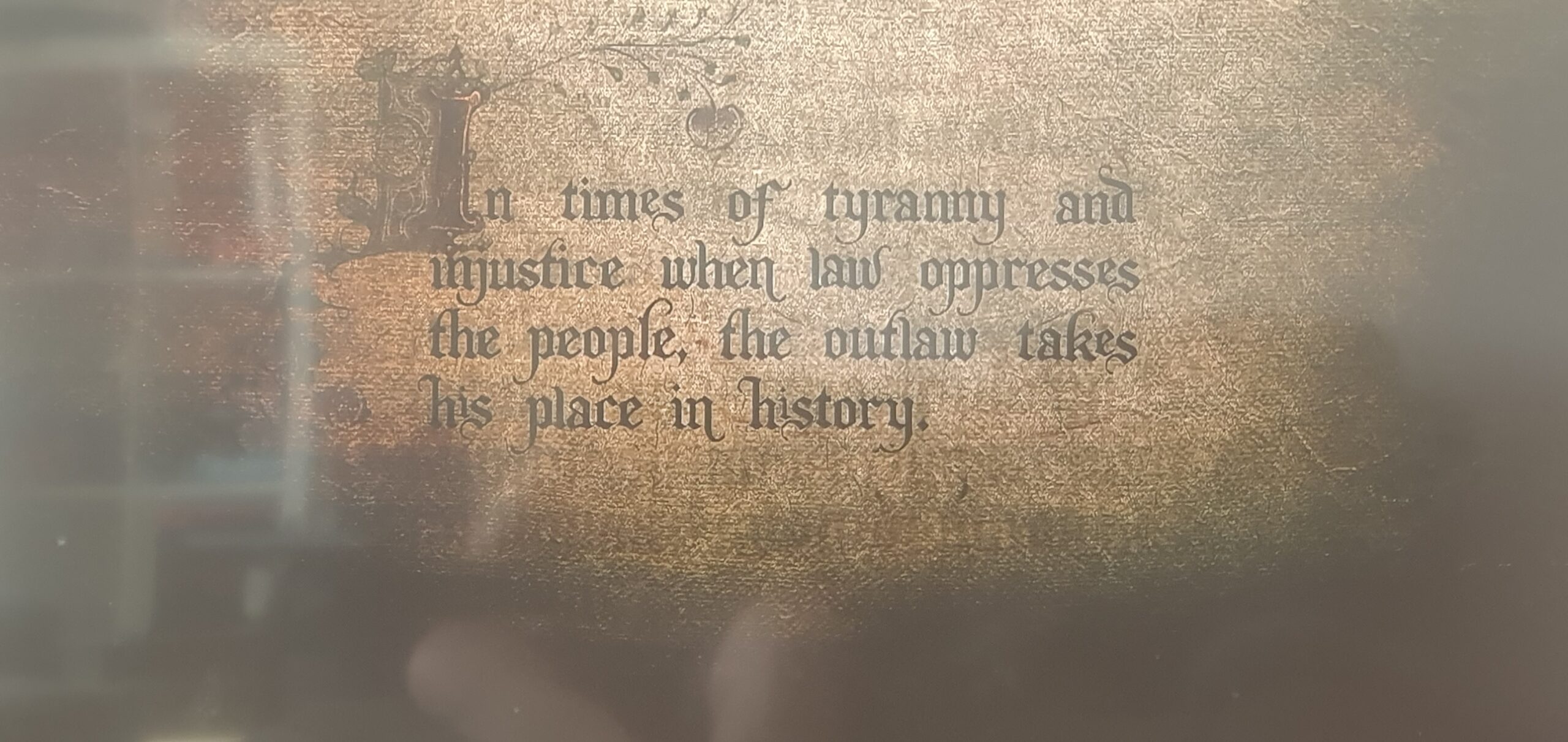
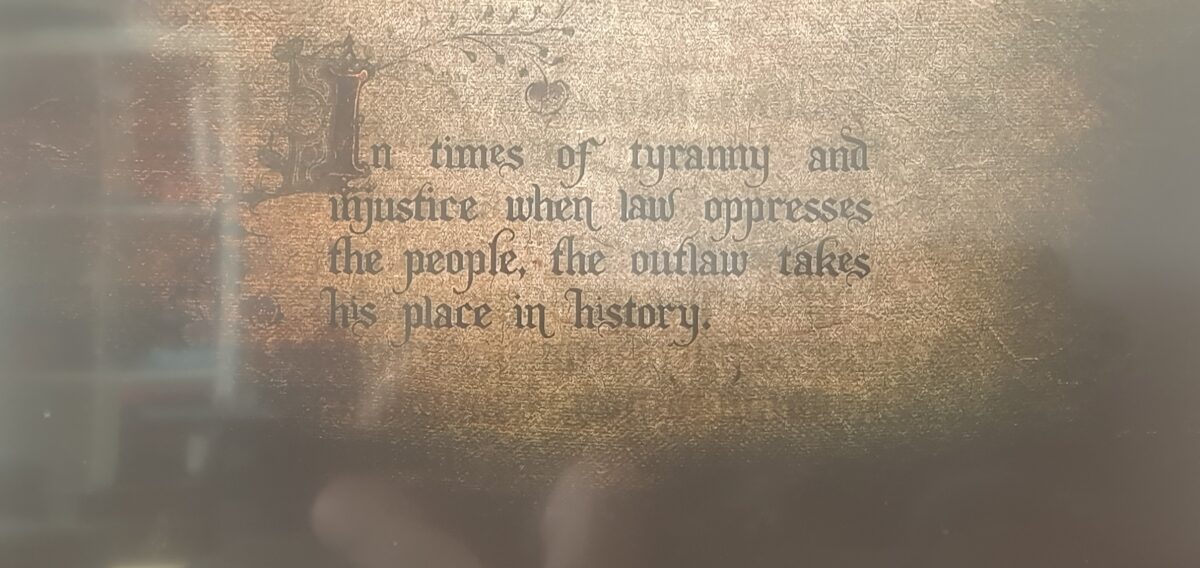
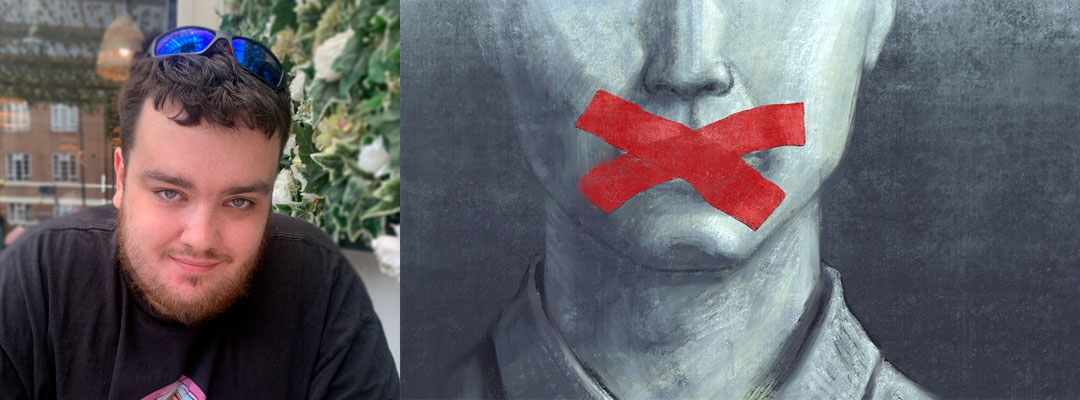








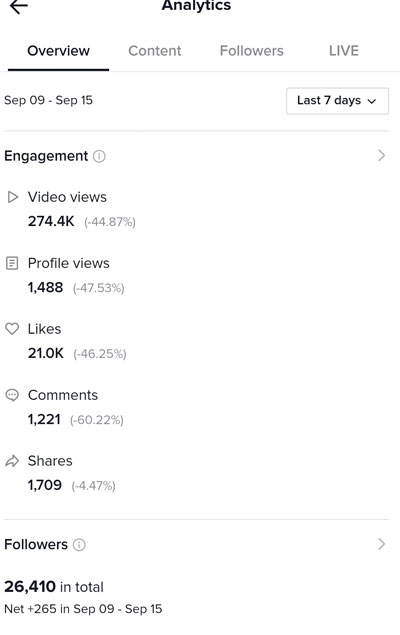 About twenty minutes after I received the “permanent ban,” I learned that my account had been restored, although I was hit with another seven day ban. And it is abundantly clear that the TikTok moderators have gone well out of their way to attenuate my voice. Because when you cannot regularly upload videos, your views, followers, comments, and likes take a significant hit. In my case, I have seen up to an 80% drop in engagement every time I am hit with one of these sham timeouts. (You can see from the accompanying image just how much of a hit I took in the last seven days.)
About twenty minutes after I received the “permanent ban,” I learned that my account had been restored, although I was hit with another seven day ban. And it is abundantly clear that the TikTok moderators have gone well out of their way to attenuate my voice. Because when you cannot regularly upload videos, your views, followers, comments, and likes take a significant hit. In my case, I have seen up to an 80% drop in engagement every time I am hit with one of these sham timeouts. (You can see from the accompanying image just how much of a hit I took in the last seven days.)